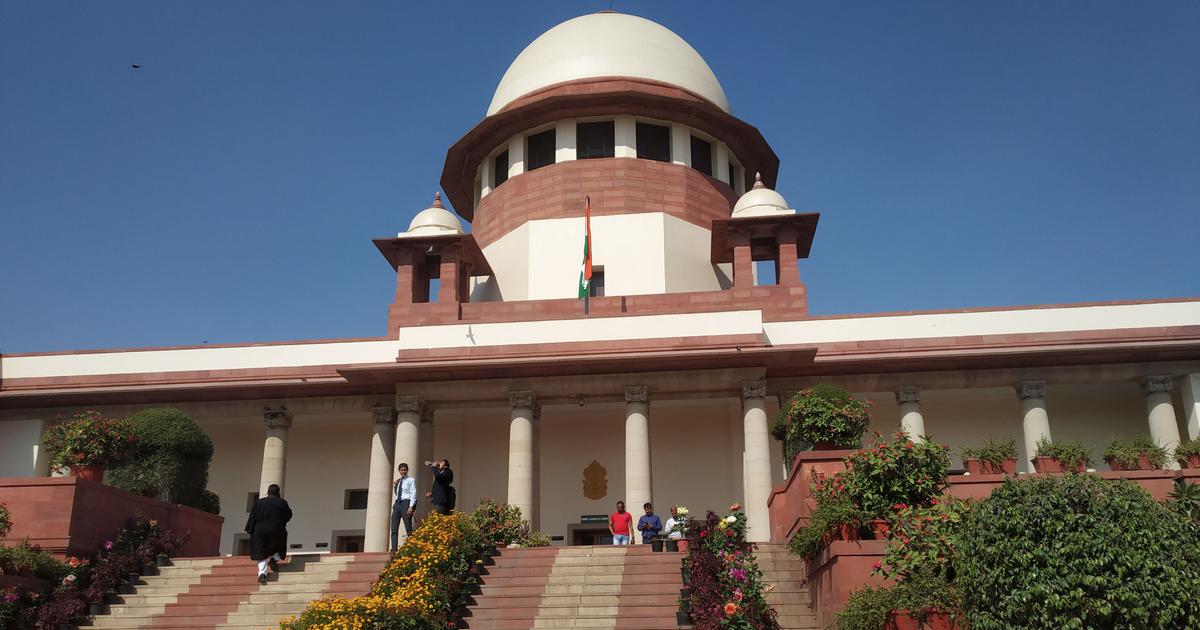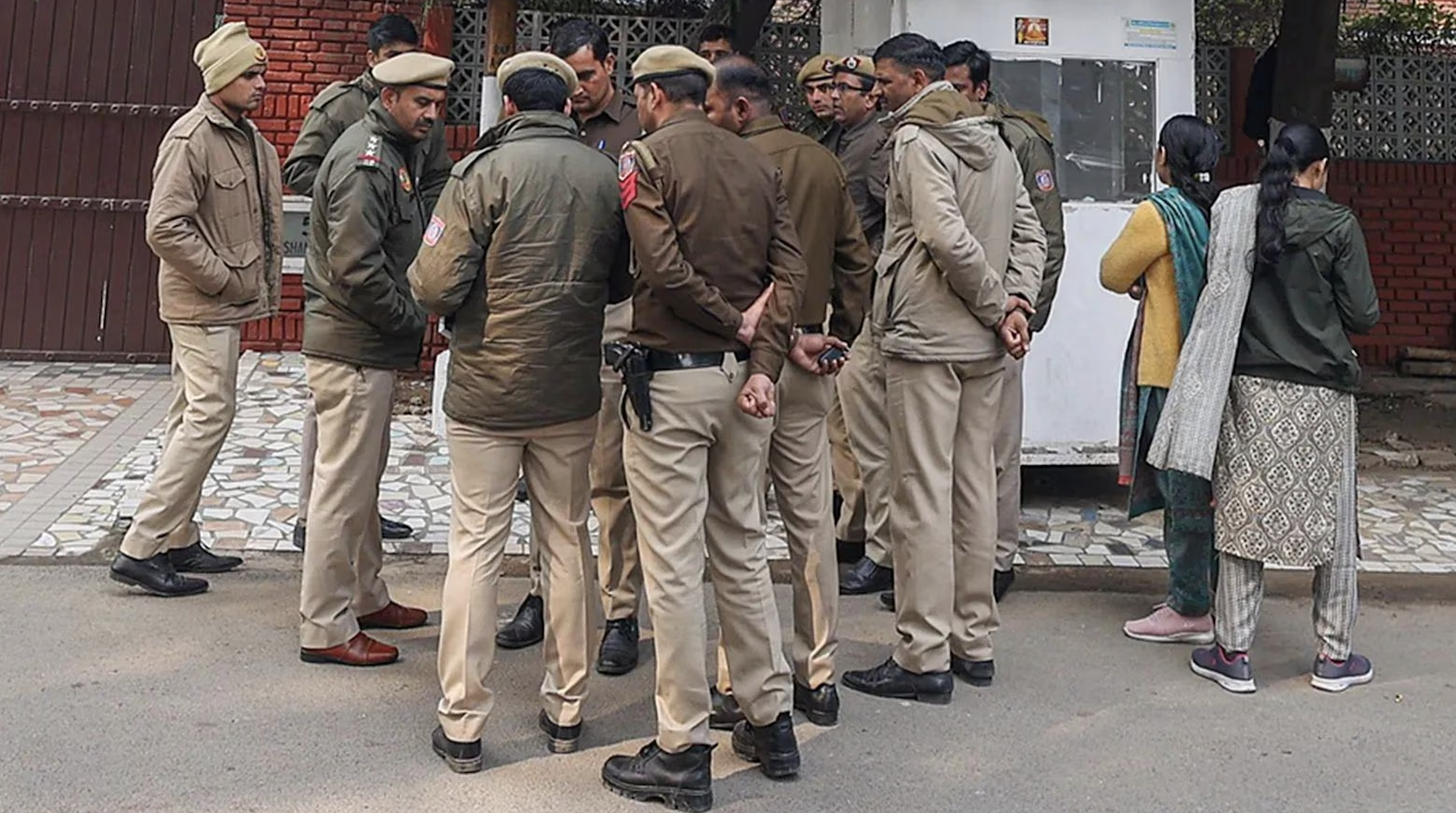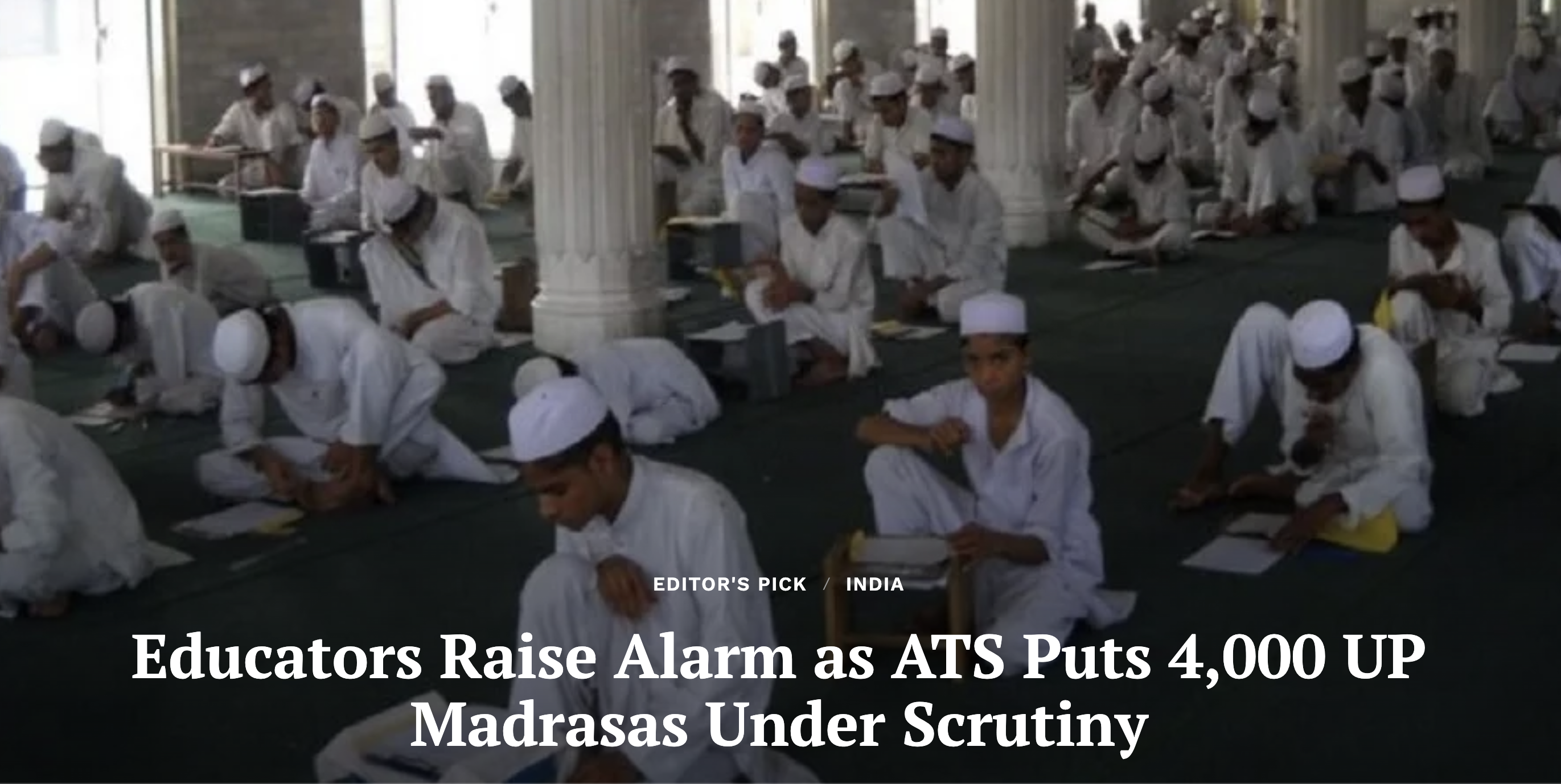
The Supreme Court set aside the Gauhati High Court’s refusal to quash a Foreigners Tribunal case, ruling that the proceedings were barred by res judicata since the appellant had already been declared not a foreigner in an earlier case.
The apex court observed that the Foreigners Tribunal proceedings were “nothing but an abuse of the process of law,” as the appellant had already been declared not a foreigner in earlier proceedings, and “so long as the earlier order stands, it is not open to initiate fresh proceedings” barred by res judicata.
In 2016, the appellant, Tarabhanu Khatoon, was proceeded against under the Foreigners Act, 1946, on allegations of entering Assam after the cut-off date of 25 March 1971, but the Foreigners Tribunal at Nalbari (Mukalmua) held in its final order dated 31 August 2016 that she was not a foreigner.
The Tribunal, noting that the State examined no witnesses, found the appellant’s documentary and oral evidence, including her parents’ names in pre-1971 voter lists and her voting record since 1985, credible, and held that she had discharged the burden of proof under Section 9 of the Foreigners Act, 1946, declaring her not a foreigner.
Despite the earlier declaration, a fresh notice was issued to the appellant on 15 December 2018, resulting in the registration of a new case.
She challenged this second proceeding by filing a writ petition before the Gauhati High Court.
Although the High Court acknowledged the earlier declaration that the appellant was not a foreigner, it disposed of the writ petition, allowing her to raise her pleas before the Tribunal in the fresh proceeding.
She challenged the High Court’s order before the Supreme Court.
This story was originally published in maktoobmedia.com. Read the full story here.






